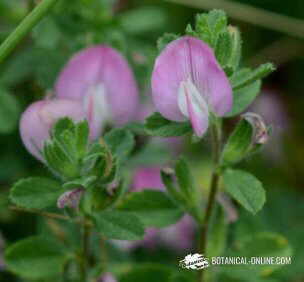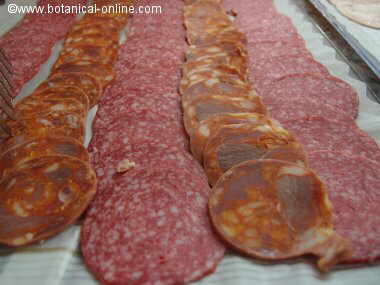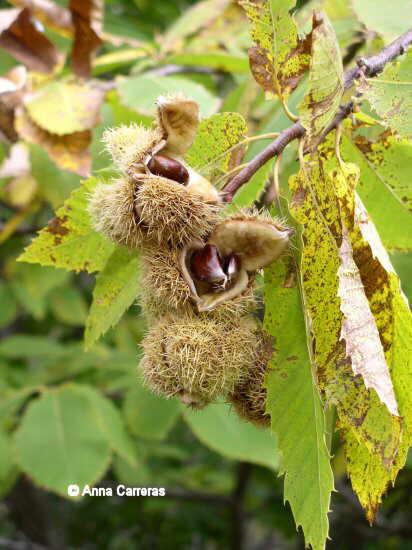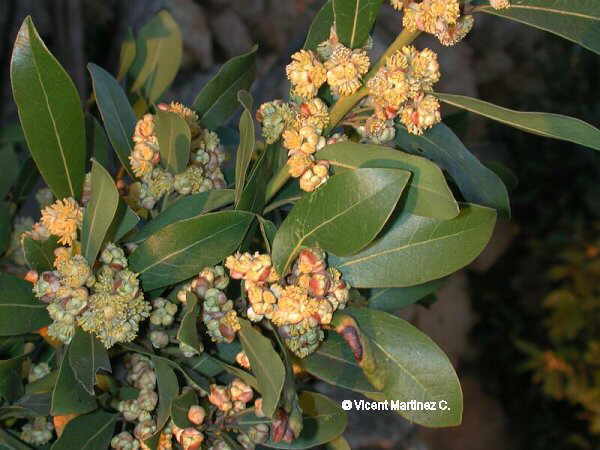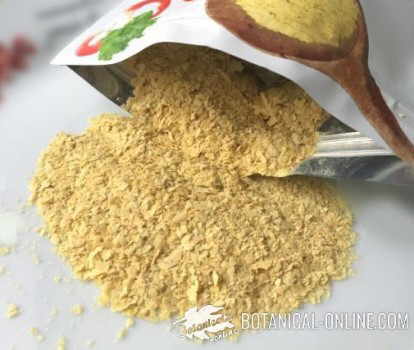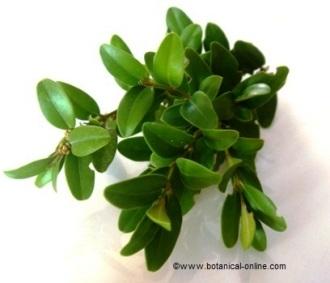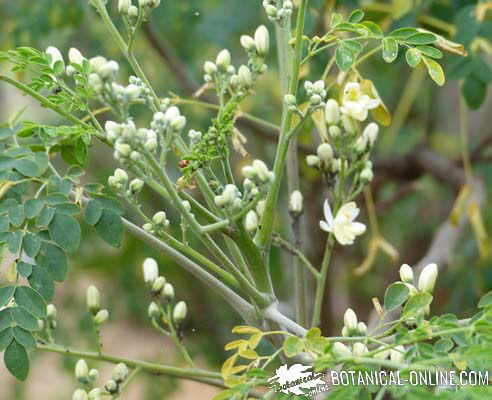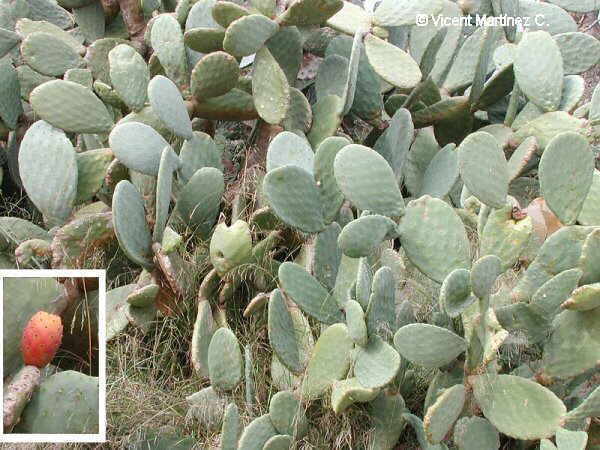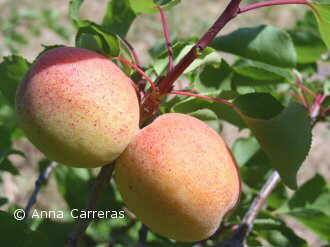Contents
Home remedies to treat acne
ACNE TREATMENT REMEDIES
Phytotherapy. Herbal remedies to cure acne
The primary role of Phytotherapy in the treatment of acne involves using a number of plants with the following purposes:
- Depurative plants, able to clean the body impurities.
- Bactericidal plants, to eliminate germs.
- Grease cleaning plants, that help clean the grease on the affected area.
- Grease reducing plants, able to decrease fat production in the area
Internal medicinal herb remedies to treat acne
Depurative plants for acne
We recommend the use of depurative plants to remove toxins from the body and improve skin health. The skin is an organ that often reflects the whole body health.
Most of these plants produce a cleansing of the body by increasing urination, so they should not be taken in cases where too much urination could be counterproductive, such as in people with hypotension. Similarly, the presence of tannins in many of these plants can cause intestinal discomfort and should be avoided when the patient has gastrointestinal ulcer or gastritis.
Among all the depurative plants, we could mention the following:
- Oats (Avena sativa) (Decoction of the dried plant, 5 tablespoons per cup of water for 30 minutes. Take a couple of glasses, divided into several doses throughout the day)
- Fenugreek: (Trigonella foenum-graecum) Decoction (boiling from cold) of 150g of fenugreek flour in 1 liter of water. Leave it boil for 15 minutes until it forms a pulp. Let it cool for 5 minutes and apply to the desired area.
- Meadowsweet (Filipendula ulmaria) Infusion of a spoonful of dried plant in a cup of hot water, without coming to the boil to destroy not salicylic acid – Take 2 cups a day between meals.
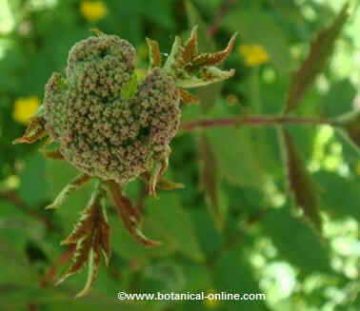
- Bistorta: (Polygonum bistorta) (5 g. Decoction of rhizome. Take three cups daily, between meals)
- Horsetail (Equisetum arvense) The horsetail constitutes one of the most diuretic species in all the plants. That is to say, it possesses a great capacity to eliminate water from the body, in such a point to increase urination up to 30% more than what is habitual.
This fact makes that its scientific name Equisetum arvense generally appears in the composition of most of products that habitually are sold to reduce weight. This property is due to the action of several components, among which it is necessary to highlight equisetonin and potassium, but there are another ones that also take part such as calcium, magnesium, ascorbic acid and caffeic acid. (Decoction for 30 minutes of a handful of dried plant in a liter of water. Take 3 cups a day)
- Stevia (Stevia rebaudiana) Many preparations on the market have in stevia one of the ingredients for the treatment of acne
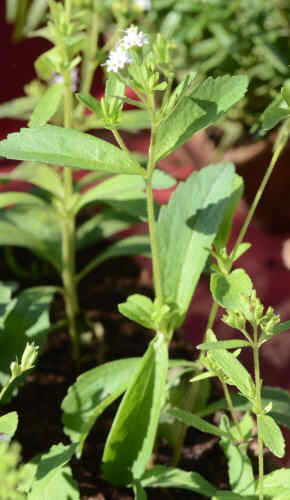
- Eucalyptus (Eucalyptus globulus) This same treatment can be very useful in the treatment of acne, being able to reduce blackheads, pimples, or papules.
- Dandelion: (Taraxacum officinale) It is one of the plants that stimulates most the urine production, up to a point that one of his common nouns in Catalan is ” pixallits ” (bed pisser) So, it is very suitable when it is recommended to get rid of water (Infusion of a teaspoon of dry plant per cup of water. 3 cups a day)
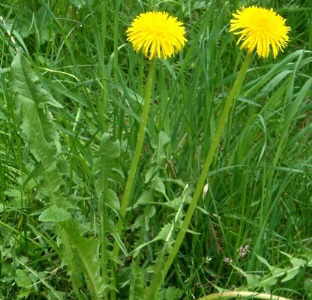
Dandelion leaves and roots are very diuretic, so they can serve to combat obesity
- Strawberry (Fragaria vesca) Its depurative properties can be used to treat acne, aiding to remove toxins from the body and improve skin health. (45 minutes infusion of two teaspoons of dried rhizomes and leaves per cup of water. 4 cups per day)
- Lemon tree (Citrus limonum) Ascorbic-acid and limonene confer it depurative properties. (Take the fresh juice of the plant at will)
- Nettle (Urtica dioica L) It helps the body to get rid of water, which becomes very interesting not only for the treatment of obesity, but in all these maladies that improve by the riddance of water and toxins. (Decoction of root dry for 10 minutes. Take 3 cups a day) (infusion of two teaspoons of dried leaves per liter of water. Take three times daily before meals.)
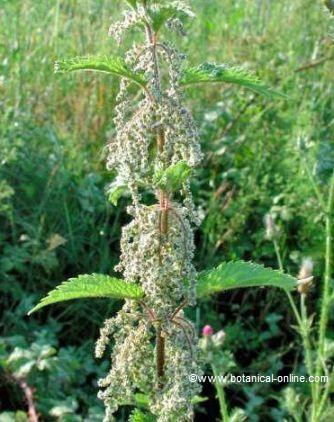
- Red Vine (Vitis vinifera) The use of this plant favors the elimination of liquid and helps purify the blood. (Decoction for 1 / 2 hours of 30 g. of vine tendrils in one liter of water. Allow to cool for 30 minutes, sieve it and take 2 glasses per day)
- Boxwood (Buxus sempervirens) Decoction of pieces of dried bark per liter of water for a quarter of an hour. One cup a day, divided into 4 doses. Do not take during pregnancy!
- Heather (Calluna vulgaris) infusion of a handful of flowering tops per cup of water for 15 minutes. A cup after the three main meals.
- Juniper (Juniperus communis) Decoction for 12 minutes of a teaspoon of dried crushed berries per cup of water. Take 3 cups a day. Do not take during pregnancy!
- Spiny restharrow (Ononis spinosa) (Make an infusion with a teaspoon of dried root (3-4 gr) per cup of water. Take two or three cups a day)
- Black currant (Ribes nigrum) (Infusion of 2 to 2.5 tablespoons of dried leaves per liter of water. Take a couple of glasses a day)
- Pellytory (Parietaria officinalis) (Two or three infusions per day of a couple of tablespoons of dried leaves per liter of water (This remedy can be substituted

Restharrow flowers and leaves for pellitory tincture. In this case, you can take 40 drops daily diluted in water divided into three daily doses)
- Cowslip (Primula officinalis = Primula veris) (Decoction of a handful of flowers in one pint of water. Take several small glasses a day)
- Soapwort (Saponaria officinalis) (Decoction of 50 g. of dried leaves per liter of water. Filter without leaving it to rest to prevent the formation of toxins. Take 2 glasses per day)
- Willow (Salix alba, Salix purpurea) Being a good astringent it can reduce grease production on the skin. (3% decoction of the bark, for a quarter on an hour. Take three cups per day)
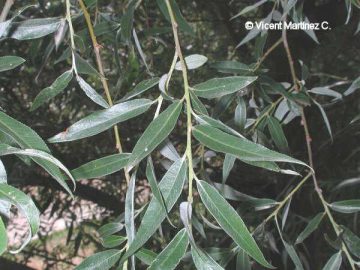
- Pine (Pinus sylvestris) (Decoction for 10 minutes 5 tablespoons of dried leaves per liter of water. Allow to cool and drink 3 cups a day.)
- Vervain (Verbena officinalis) (15-minute infusion of a spoonful of dried plant per cup of water. Take 3 cups a day) Do not take during pregnancy!
- Yucca (Yucca filamentosa) (one or two capsules or tablets per day of plant extract. You can buy them in pharmacies or herbalists ‘)
External use preparations with curative herbs to treat acne
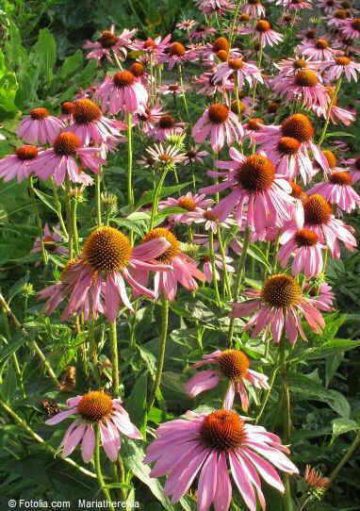
Oily skin care
Some plant preparations, because of their astringent properties, can be used externally to get rid of too much grease on the skin. Among the most suitable plants, we can distinguish the following:
- Echinacea (Echinacea spp.) It reduces the symptoms of acne in all its manifestations (pimples or pustules) and prevents their infection. (Drench the affected area with the liquid from the fresh plant. Dilute a few drops of tincture in water and apply a gauze over the affected area)
- Cucumber (Cucumis ssp.) A cucumber mask on the face helps clean impurities and decrease the opening of pores which will lower oil production. The same can be done with lemon, or strawberry.
- Sage: (Salvia officinalis) Make a mask with the infusion of this plant diluted in a yogurt. (Two tablespoons of the infusion mixed with yogurt. Cool and apply on the face until it dries well. Clean with cold water)
- Oats (Avena sativa) Perform a face mask with oatmeal, honey and egg yolk. (More information on masks for ” Acne greasy skins” in the listing below)
- Cypress (Cupressus sempervirens) The astringent properties of cypress help combat oily skin. Apply to the skin the liquid from the decoction for ten minutes of three tablespoons of crushed cypress twigs per liter of water.
- Witch hazel (Hamamelis virginiana) (Apply a facial massage using a small cotton with a few drops of witch hazel)
* Related information: Acne masks
![]() More information about remedies for acne.
More information about remedies for acne.

